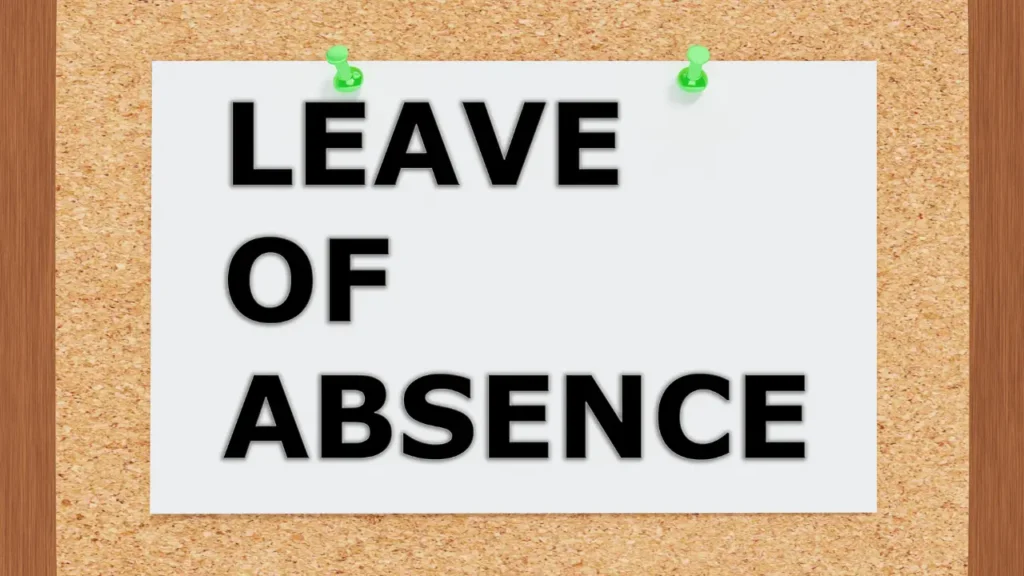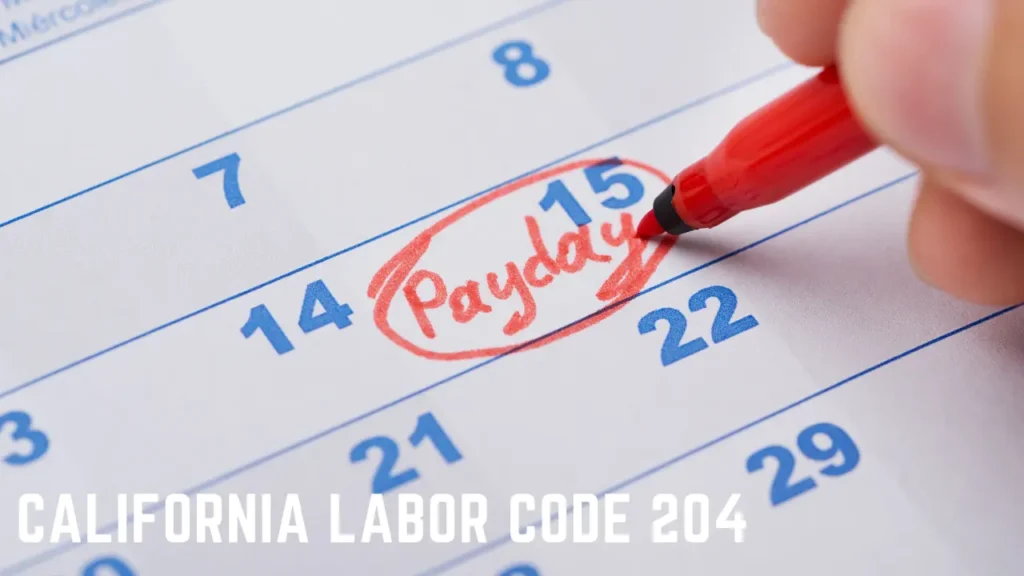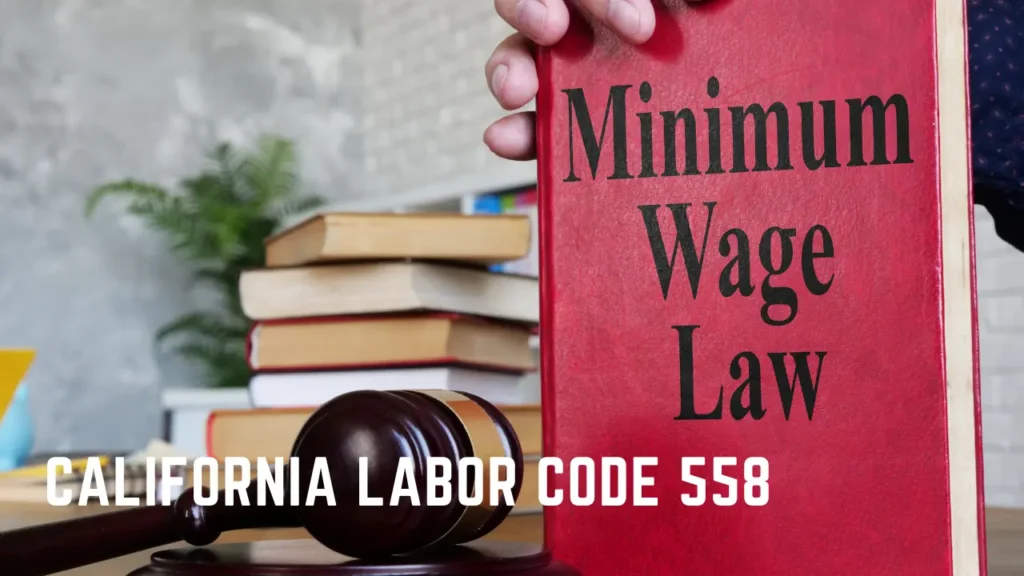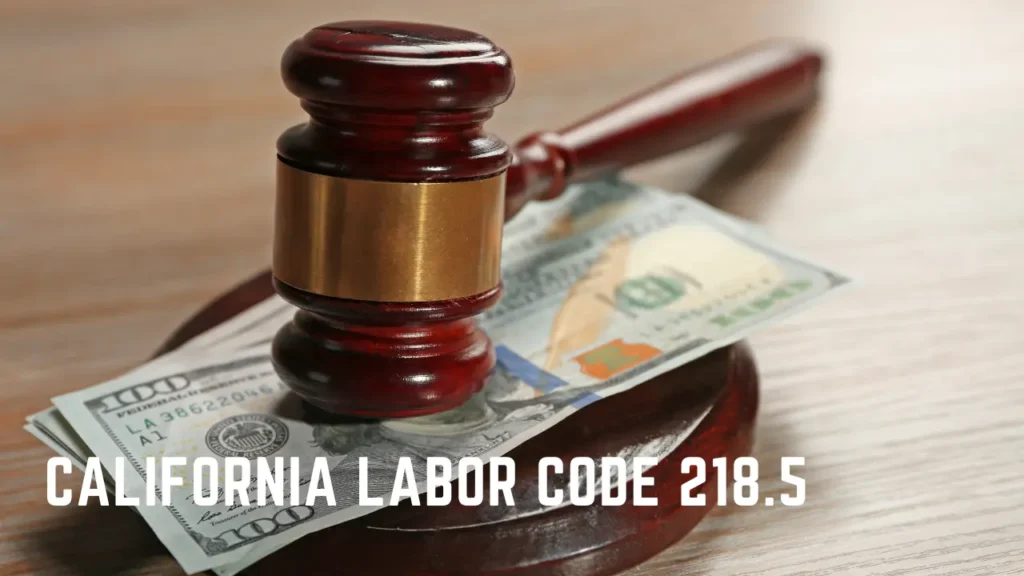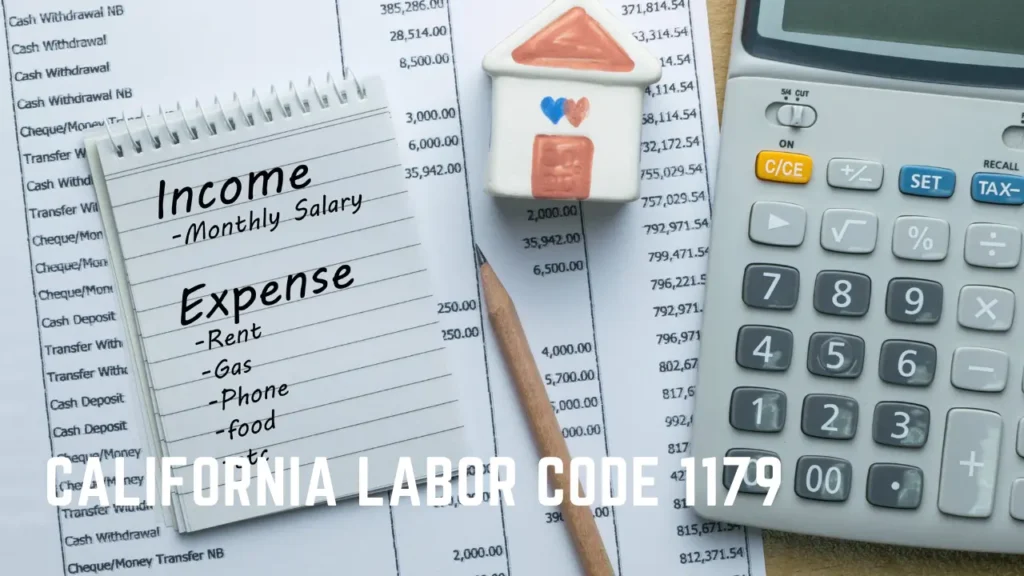In Ferra v. Loews Hollywood Hotel, LLC, Open the Supreme Court has finally concluded that the employers “regular rate of compensation quote for a meal and rest. Premium pay is the same thing as the employees “regular rate of pay quote for overtime. Therefore, employers paying Malin respiration premiums must pay those at not just the base hourly rate, but the rate for all non-discretionary payments, meaning those pursuant to a contract, agreement, or promise.
The California Supreme Court disagreed and reversed the Court of Appeal’s decision that was in favor of Loews, And therefore setting with the employee. The court concluded that the “regular rate of compensation quote for a meal and rest. Premium pay under labor code section 226.7(c) is the same thing as “regular rate of pay quote for overtime under labor code section 501(a). Therefore, when employers pay Mila and rest. Premiums, they are now required to use the employees overtime regular rate of pay, which will include all non-discretionary payments for the work performed.
What should employees do now?
- Document which meal and rest periods are being missed
- Request those meal and rest periods be paid at an overtime rate of pay
If you have questions regarding this or need assistance in requesting meal and rest premiums, contact an attorney at Jonny Law to discuss.
See Opinion below:



